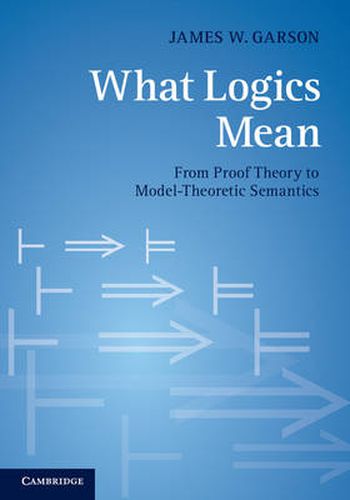Readings Newsletter
Become a Readings Member to make your shopping experience even easier.
Sign in or sign up for free!
You’re not far away from qualifying for FREE standard shipping within Australia
You’ve qualified for FREE standard shipping within Australia
The cart is loading…






What do the rules of logic say about the meanings of the symbols they govern? In this book, James W. Garson examines the inferential behaviour of logical connectives (such as ‘and’, ‘or’, ‘not’ and ‘if … then’), whose behaviour is defined by strict rules, and proves definitive results concerning exactly what those rules express about connective truth conditions. He explores the ways in which, depending on circumstances, a system of rules may provide no interpretation of a connective at all, or the interpretation we ordinarily expect for it, or an unfamiliar or novel interpretation. He also shows how the novel interpretations thus generated may be used to help analyse philosophical problems such as vagueness and the open future. His book will be valuable for graduates and specialists in logic, philosophy of logic, and philosophy of language.
$9.00 standard shipping within Australia
FREE standard shipping within Australia for orders over $100.00
Express & International shipping calculated at checkout
What do the rules of logic say about the meanings of the symbols they govern? In this book, James W. Garson examines the inferential behaviour of logical connectives (such as ‘and’, ‘or’, ‘not’ and ‘if … then’), whose behaviour is defined by strict rules, and proves definitive results concerning exactly what those rules express about connective truth conditions. He explores the ways in which, depending on circumstances, a system of rules may provide no interpretation of a connective at all, or the interpretation we ordinarily expect for it, or an unfamiliar or novel interpretation. He also shows how the novel interpretations thus generated may be used to help analyse philosophical problems such as vagueness and the open future. His book will be valuable for graduates and specialists in logic, philosophy of logic, and philosophy of language.